SUMMARY
This is AI generated summarization, which may have errors. For context, always refer to the full article.
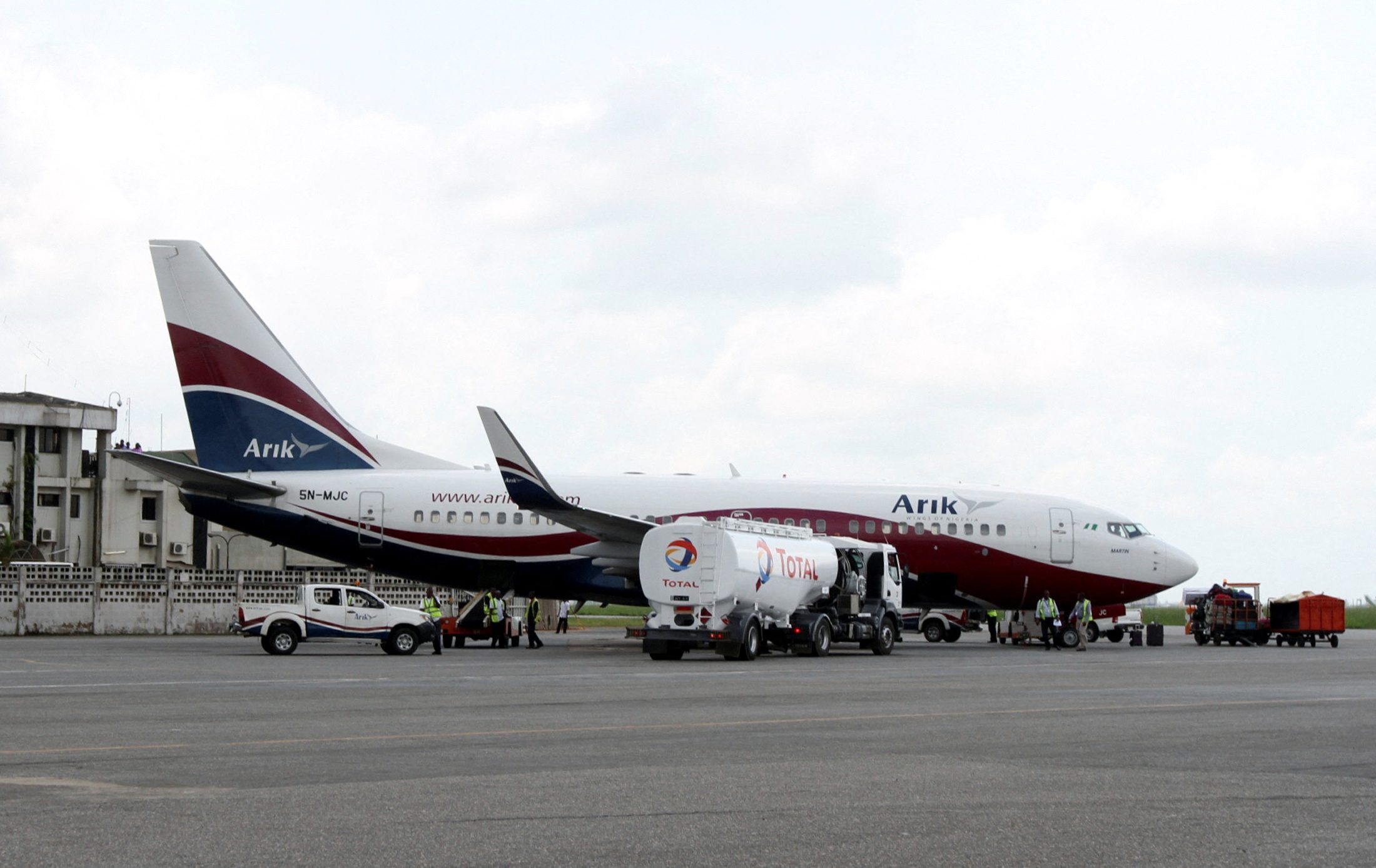
ABUJA, Nigeria – Nigerian domestic airlines may not survive the next few days if jet fuel prices keep rising, operators told a committee of parliament on Thursday, March 10, a day after saying fuel shortages were disrupting flights.
Allen Onyeama, chairman of Air Peace Airline, who spoke on behalf of Airlines Operators of Nigeria, said airlines were now buying fuel at 670 naira ($1.61) a liter, up from 190 at the end of last year.
“If the prices of aviation fuel keep rising at the rate they are moving, we are not sure we will survive the next 72 hours,” Onyeama said.
He said a price of 200 naira a liter would ensure viability for the airlines.
Global jet fuel prices have scaled a near 14-year peak as Russia’s invasion of Ukraine triggered a surge in the crude oil market, hitting airlines and passengers with steep cost increases. Moscow calls the action a “special military operation.”
Mele Kyari, the group managing director of state oil firm Nigerian National Petroleum Company, said the landing cost of jet fuel was 480 naira and selling below the price meant extending a government subsidy to the aviation industry.
The government already spends billions subsidizing car gasoline every year.
Air Peace and Arik Air, the country’s two biggest airlines, said on Wednesday, March 9, fuel shortages that initially affected motorists had also caught up with airlines, forcing cancellation of some flights and delays to others this week.
Although Nigeria is Africa’s biggest producer of crude oil, it imports more than 90% of its refined petroleum products because its four refineries produce very little.
Nigeria’s fuel shortages have been exacerbated by imports in January of substandard gasoline. Motorists have endured long queues while households, which rely on generators, have gone for hours without power. – Rappler.com
$1 = 415.34 naira
Add a comment
How does this make you feel?


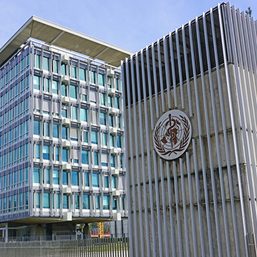
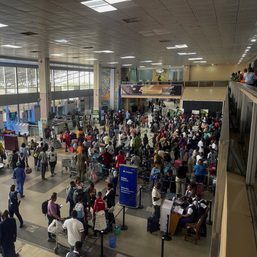


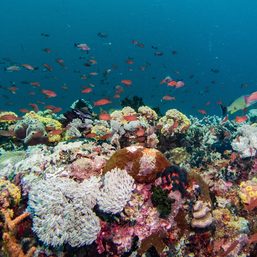
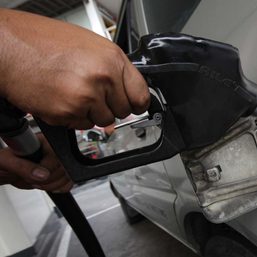
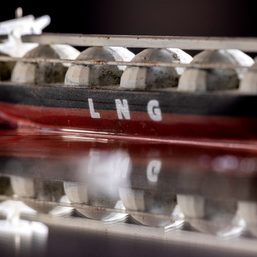

There are no comments yet. Add your comment to start the conversation.